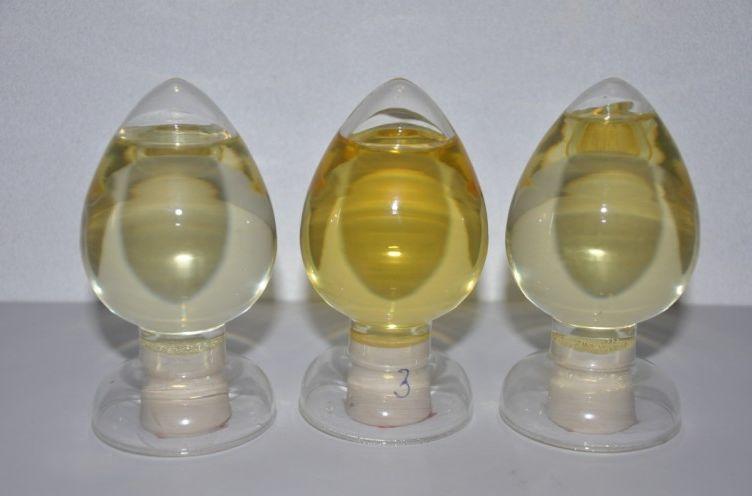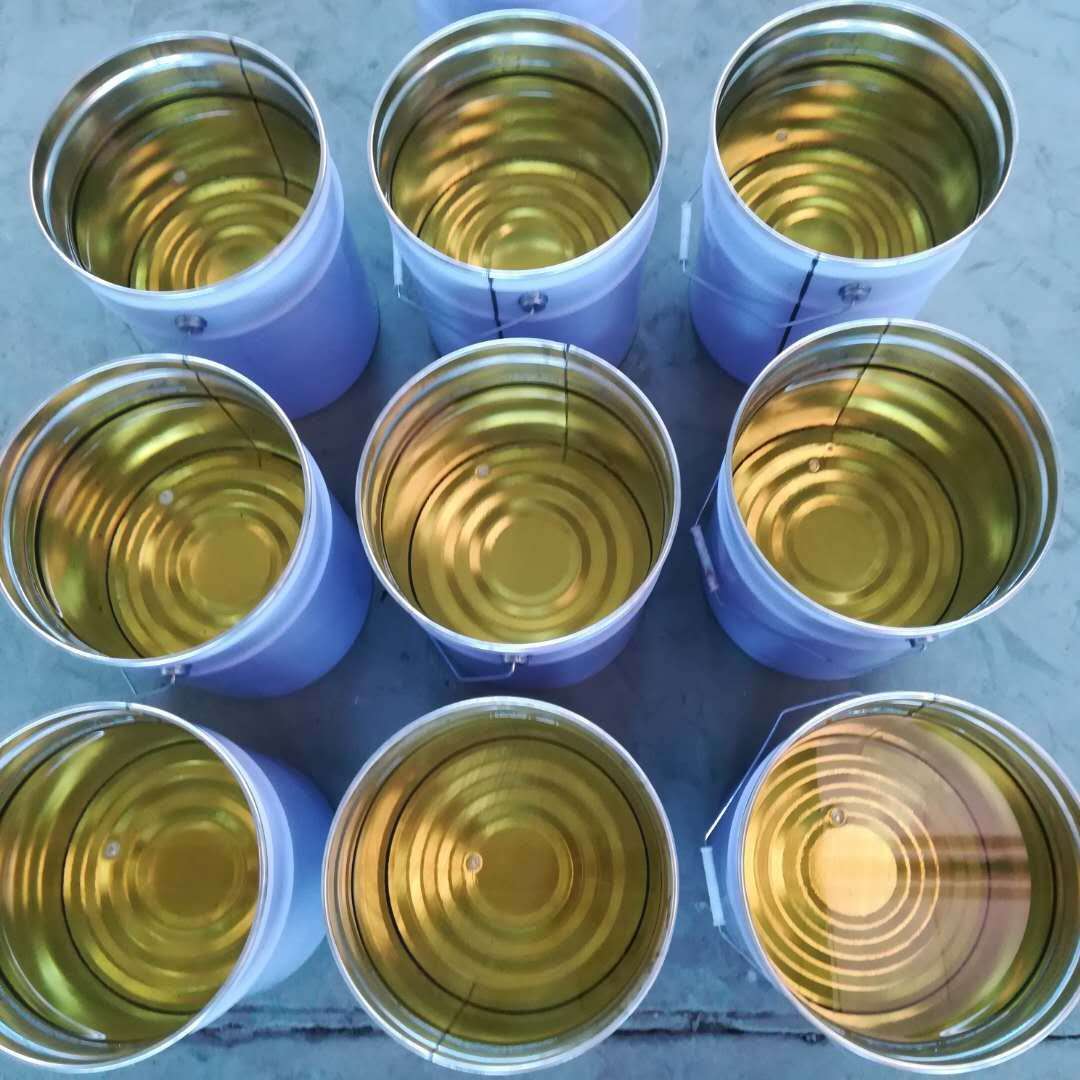Scientifically speaking, epoxy resins are defined as “a class of monomeric or oligomeric materials that can further react to form thermosetting polymers that have High degree of chemical and solvent resistance, excellent adhesion to a variety of substrates, low shrinkage. Curing, impact resistance, flexibility and good electrical properties.” When choosing an epoxy, you can customize your selection Resins, modifiers and cross-linkers to create specific properties for specific applications. This allows epoxy resins to be used in a variety of applications.
Epoxy resin properties
Epoxy resins are known for their high performance. They are the building blocks of adhesives, coatings, reinforced plastics, and composite materials such as fiberglass and carbon fiber, and they remain intact under intense conditions. When properly cured, epoxies offer many desirable properties, including:
Resistant to chemicals, especially alkaline environments
Heat resistance
Adheres to a variety of substrates
High tensile, compressive and flexural strength

Low shrinkage during curing
High electrical insulation and retention properties
Corrosion resistance
Cures over a wide temperature range
Fatigue resistance
Epoxy resin application
Generally, when the terms “structural adhesive” or “engineering adhesive” are used, they are referring to epoxy resins. Epoxy bonds to wood, concrete, metal, glass, stone and most plastics. Making them incredibly versatile. Of the many useful epoxy resin applications, just a few include:
Construction: Laminated timber, walls, roofs, floors, etc.
Paints & Coatings: Outdoor coatings, sealers, heavy-duty protective coatings, industrial and automotive paints, primers and sealers.
Industrial Tools and Composites: Molds, prototypes, laminates, castings, fixtures and other industrial production ancillary materials, as well as carbon fiber reinforcement and composite parts.

Turbine Technology: Wind turbine blades.
Electrical Systems and Electronics:Motors, generators, transformers, gear switches, bushings, insulators, printed wiring boards (PWB) , potting and semiconductor encapsulants.
Consumer and Shipping: You can pick up epoxy resin at most hardware and shipping stores in packaged form for ease of use before use Mix resin and hardener. These kits can be used in many home and boat repair applications.
Aerospace:In the aerospace industry, among others, epoxy resin is used as glass, Kevlar, Boron or carbon fiber reinforced structural adhesive. This option is particularly used in the aerospace industry due to the high-performance mechanical properties and resistance of epoxy resins to environmental deterioration.
Biology: Durcopan is a water-soluble epoxy resin used to embed electron microscopy samples into plastic for sectioning and imaging .
Artwork: Epoxies can be mixed with pigments for painting, used to make jewelry, or used in art, tables, and countertops Decoupage application.
How to choose epoxy resin
When selecting an epoxy resin, there are many factors to consider, including:
Uses: Can epoxies be used in general or more industrial applications?
Working Life: How long does the epoxy resin need to be used before it cures?
Cure Time: How long does it take for products using epoxy resin to cure and fully cure?
Temperature: At what temperature will the part be?�Work? If this property is required, has the selected epoxy been tested to handle extreme temperatures?
Working with a reputable retailer will help you determine these and other factors to ensure you choose the right epoxy for the job.
Because epoxies perform so well under extreme conditions, when combined with carbon or other fibers, they produce composites with beneficial properties in many applications performance. Their unique high-performance characteristics make them ideal for working in many environments that offer extreme conditions. Resins, modifiers and cross-linkers can be switched to produce custom epoxy resins that can be used under very specific conditions. These properties make epoxy the material of choice for a variety of applications and conditions.

 微信扫一扫打赏
微信扫一扫打赏

